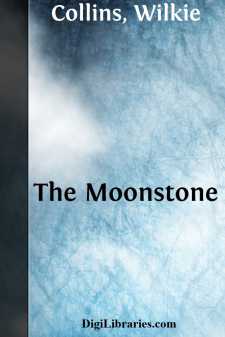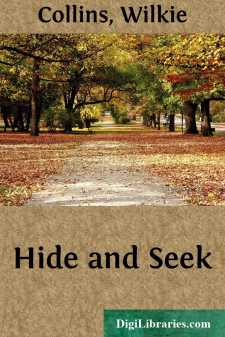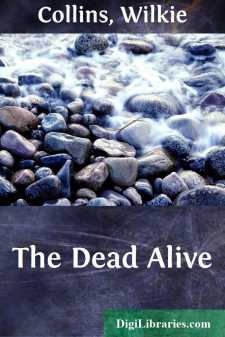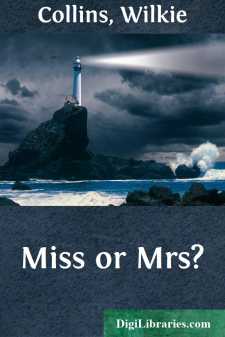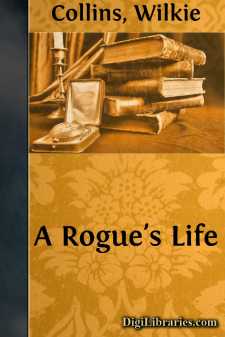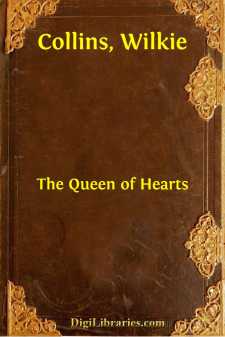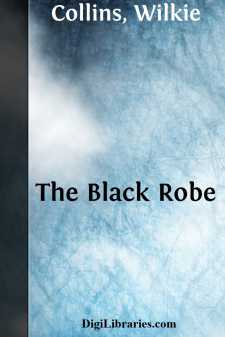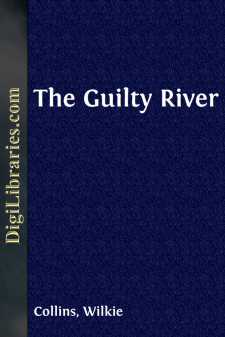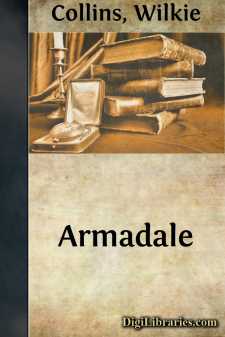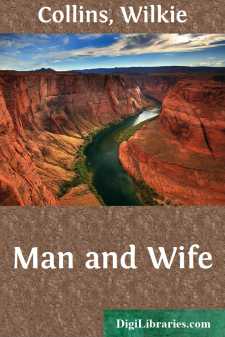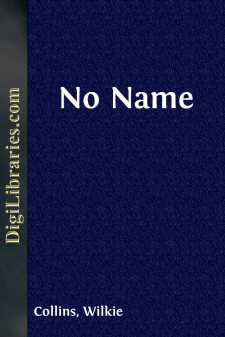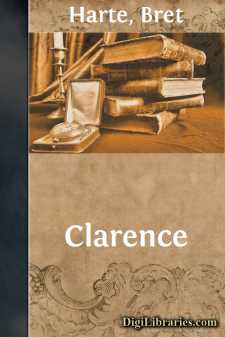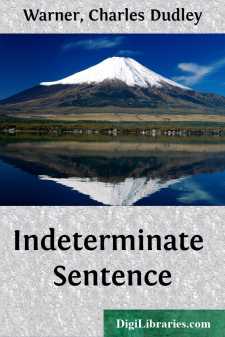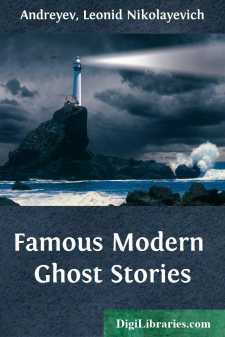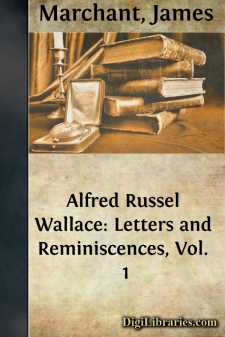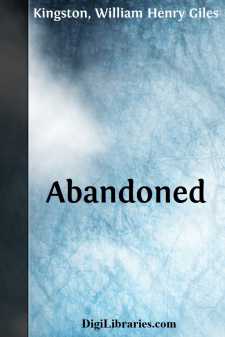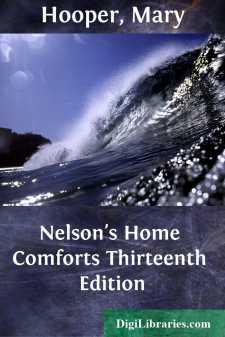Categories
- Antiques & Collectibles 13
- Architecture 36
- Art 48
- Bibles 22
- Biography & Autobiography 813
- Body, Mind & Spirit 142
- Business & Economics 28
- Children's Books 14
- Children's Fiction 11
- Computers 4
- Cooking 94
- Crafts & Hobbies 4
- Drama 346
- Education 46
- Family & Relationships 57
- Fiction 11828
- Games 19
- Gardening 17
- Health & Fitness 34
- History 1377
- House & Home 1
- Humor 147
- Juvenile Fiction 1873
- Juvenile Nonfiction 202
- Language Arts & Disciplines 88
- Law 16
- Literary Collections 686
- Literary Criticism 179
- Mathematics 13
- Medical 41
- Music 40
- Nature 179
- Non-Classifiable 1768
- Performing Arts 7
- Periodicals 1453
- Philosophy 64
- Photography 2
- Poetry 896
- Political Science 203
- Psychology 42
- Reference 154
- Religion 513
- Science 126
- Self-Help 84
- Social Science 81
- Sports & Recreation 34
- Study Aids 3
- Technology & Engineering 59
- Transportation 23
- Travel 463
- True Crime 29
The Moonstone
by: Wilkie Collins
Categories:
Description:
Excerpt
CHAPTER I
In the first part of ROBINSON CRUSOE, at page one hundred and twenty-nine, you will find it thus written:
"Now I saw, though too late, the Folly of beginning a Work before we count the Cost, and before we judge rightly of our own Strength to go through with it."
Only yesterday, I opened my ROBINSON CRUSOE at that place. Only this morning (May twenty-first, Eighteen hundred and fifty), came my lady's nephew, Mr. Franklin Blake, and held a short conversation with me, as follows:—
"Betteredge," says Mr. Franklin, "I have been to the lawyer's about some family matters; and, among other things, we have been talking of the loss of the Indian Diamond, in my aunt's house in Yorkshire, two years since. Mr. Bruff thinks as I think, that the whole story ought, in the interests of truth, to be placed on record in writing—and the sooner the better."
Not perceiving his drift yet, and thinking it always desirable for the sake of peace and quietness to be on the lawyer's side, I said I thought so too. Mr. Franklin went on.
"In this matter of the Diamond," he said, "the characters of innocent people have suffered under suspicion already—as you know. The memories of innocent people may suffer, hereafter, for want of a record of the facts to which those who come after us can appeal. There can be no doubt that this strange family story of ours ought to be told. And I think, Betteredge, Mr. Bruff and I together have hit on the right way of telling it."
Very satisfactory to both of them, no doubt. But I failed to see what I myself had to do with it, so far.
"We have certain events to relate," Mr. Franklin proceeded; "and we have certain persons concerned in those events who are capable of relating them. Starting from these plain facts, the idea is that we should all write the story of the Moonstone in turn—as far as our own personal experience extends, and no farther. We must begin by showing how the Diamond first fell into the hands of my uncle Herncastle, when he was serving in India fifty years since. This prefatory narrative I have already got by me in the form of an old family paper, which relates the necessary particulars on the authority of an eye-witness. The next thing to do is to tell how the Diamond found its way into my aunt's house in Yorkshire, two years ago, and how it came to be lost in little more than twelve hours afterwards. Nobody knows as much as you do, Betteredge, about what went on in the house at that time. So you must take the pen in hand, and start the story."
In those terms I was informed of what my personal concern was with the matter of the Diamond. If you are curious to know what course I took under the circumstances, I beg to inform you that I did what you would probably have done in my place. I modestly declared myself to be quite unequal to the task imposed upon me—and I privately felt, all the time, that I was quite clever enough to perform it, if I only gave my own abilities a fair chance. Mr. Franklin, I imagine, must have seen my private sentiments in my face....


